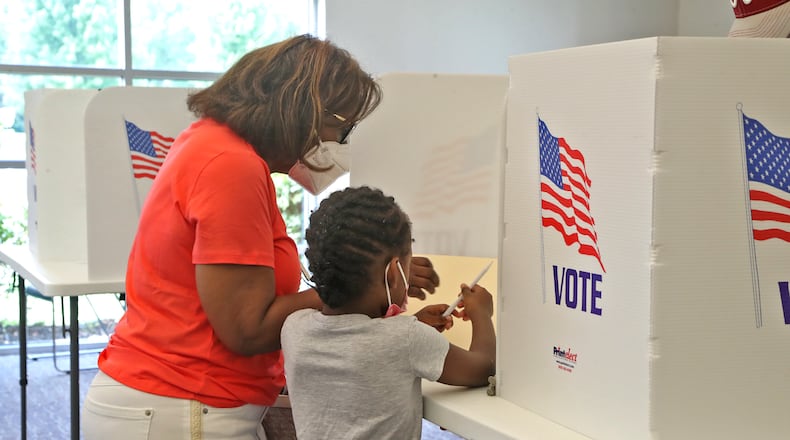Results show 50.32% of voters were for the levy and 49.68% were against it.
Superintendent Brian Kuhn said they anticipate the official results to be released from the BOE in mid-August.
“As we shared with residents, approving this tax issue does not raise taxes, it simply continues the existing local funding for our community’s schools,” he said. “We are grateful for the community’s support of our schools and look forward to our continue partnership as we educate the students of Springfield Twp.”
The substitute levy will combine two existing operational levies — an emergency levy first approved in 2012 that generates $2.4 million annually and an emergency levy first approved in 2014 that generates $2.2 million annually. The levy last renewed in 2012 will expire at the end of this year and the levy last renewed in 2014 is set to expire in 2024.
Kuhn said Tuesday night it’s wonderful to have this levy pass after it was rejected twice.
“It is a great relief and with great appreciation that it appears the residents of Springfield Twp. have approved this important school levy,” he said.
The money generated from these levies account for 23% of the district’s general operating expenses, which amounts to roughly $1.08 per day. It would cost an owner of a $100,000 property $396 a year, the same as what the 2012 and 2014 levies cost an owner of a property of the same value.
The levy will not raise taxes as this is the same amount the district now collects. It will maintain current funding for the district by combining the two existing levies without adding new taxes for current residents. Because taxpayers are already paying on these existing levies, taxes will not increase as a result of approval of the substitute levy, and it does not increase the amount of local funding the district receives.
The substitute levy is different from a typical operating levy because it allows the district to capture new revenue from future growth in the district from new residential or business development. This means that as new residents and companies move into the district, they will help fund the costs of educating kids in the community.
The district asked voters two previous times to approve this levy, which was rejected twice.
In May, voters rejected the levy with 52.88%, or 1,311, voting against and 47.12%, or 1,168 for it. Last November, voters rejected with 51.93%, or 1,104, voting against and 48.07%, or 1,022 for it.
About the Author

